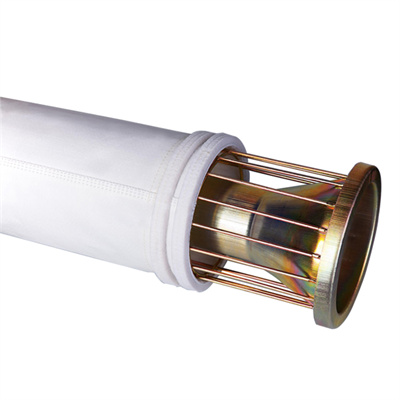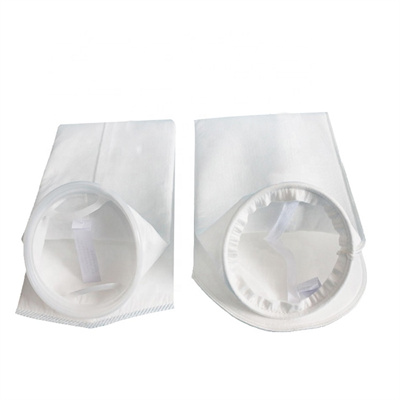Filter bags play a significant role in environmental remediation efforts aimed at cleaning up contaminated sites and protecting natural ecosystems. Environmental remediation involves the removal or containment of pollutants, hazardous materials, and contaminants from soil, water, and air. Filter bags are utilized in various phases of remediation projects to filter and capture contaminants effectively. Here are some key applications of filter bags in environmental remediation:
- Groundwater Treatment:
- Filter bags are used in groundwater treatment systems to remove contaminants such as heavy metals, volatile organic compounds (VOCs), and petroleum hydrocarbons. Groundwater can be pumped through filter bags to capture and contain the contaminants before discharge or further treatment.
- Surface Water Remediation:
- Filter bags are employed to treat surface water bodies, including rivers, lakes, and ponds. They can be used to remove sediments, oils, and other pollutants before the water is released back into the environment.
- Stormwater Management:
- Filter bags are used in stormwater management systems to capture debris, sediment, and pollutants from runoff water before it enters storm drains and natural water bodies. This helps prevent contamination of local water sources.
- Sediment and Sludge Dewatering:
- Filter bags are utilized in dewatering processes to separate water from contaminated sediments or sludges. This reduces the volume of waste, making disposal or remediation more manageable.
- Oil Spill Cleanup:
- In the event of oil spills in water bodies, filter bags can be deployed to skim and remove the floating oil from the surface. These bags capture and contain the oil, preventing it from spreading and causing further environmental damage.
- Construction Site Remediation:
- During construction site remediation or brownfield redevelopment projects, filter bags can be used to filter and treat stormwater runoff to ensure that it meets environmental regulations and does not carry contaminants from the construction site.
- Contaminated Soil Treatment:
- Filter bags are employed in soil washing and remediation processes to separate contaminants from soil particles. Soil is mixed with water, and the resulting slurry is passed through filter bags to capture contaminants, leaving cleaner soil behind.
- Vapor Phase Filtration:
- Filter bags can be used in vapor phase filtration systems to capture volatile organic compounds (VOCs) and other airborne contaminants from soil vapor extraction and air sparging systems.
- Hazardous Waste Cleanup:
- In hazardous waste cleanup operations, filter bags can be used to contain and transport hazardous materials, ensuring safe handling and disposal.
- Remediation of Industrial Sites:
- Filter bags can be utilized in the remediation of industrial sites, such as abandoned factories or chemical storage facilities, to filter and contain hazardous materials during cleanup efforts.
Filter bags used in environmental remediation must be carefully selected based on the specific contaminants and application requirements. They should be compatible with the type of contaminants being addressed and designed to meet environmental regulations and safety standards. Proper disposal of used filter bags is also a critical consideration in environmental remediation projects to prevent the recontamination of cleaned areas.





















